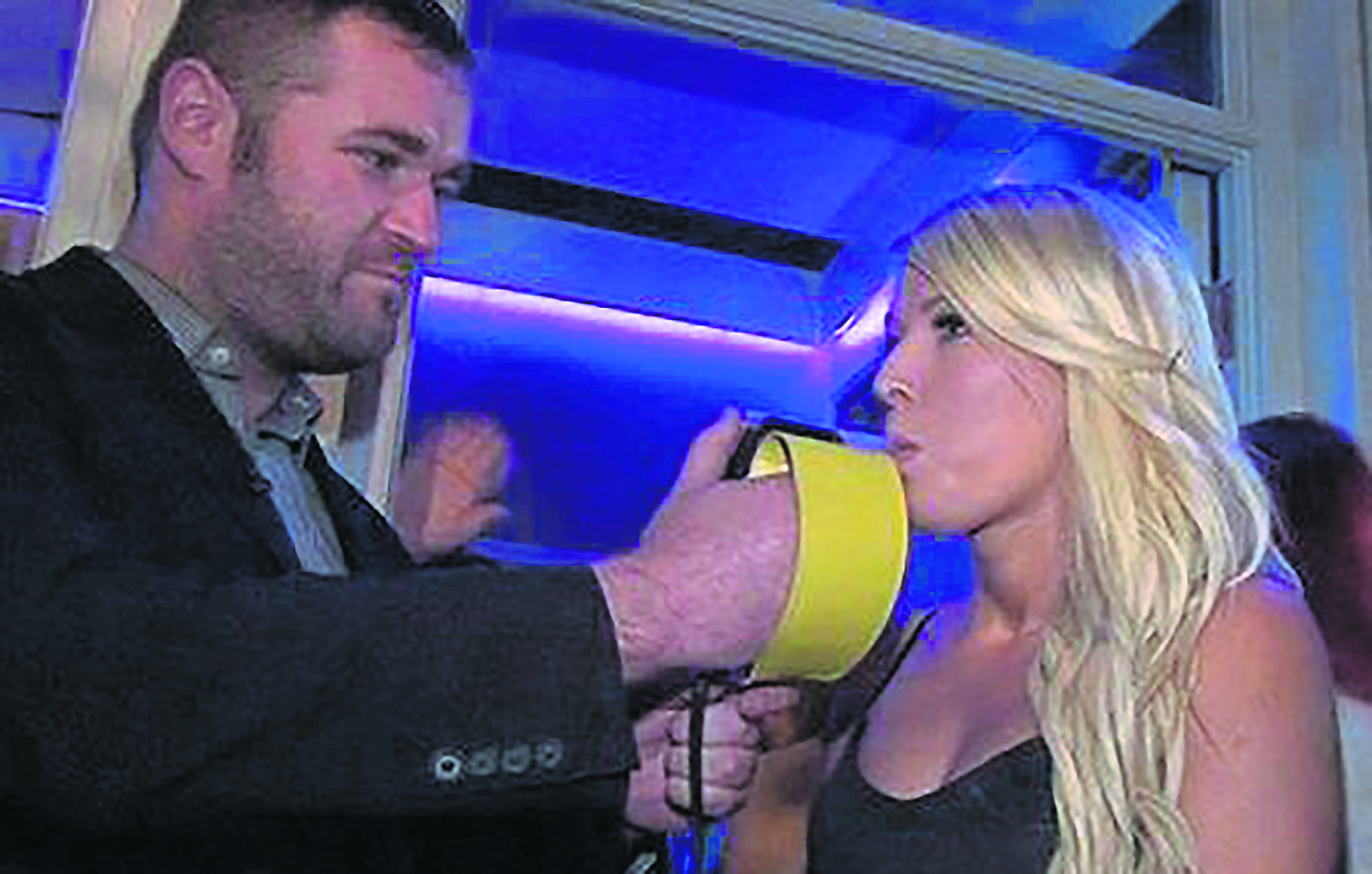Kingston police have warned KU student drinkers that they could face being breathalysed when they enter clubs and pubs in a bid to stop “pre-loading” before a night out.
The scheme stemmed from research conducted around the University that revealed if the level of alcohol consumed by drinkers prior to entering a club can be reduced, then the level of alcohol-related violence will fall.
Chief Superintendent Glenn Tunstall said: “The scheme has been tested across all of London, but it has been trialled quite extensively in Kingston.
“The aim is to identify those who have had too much to drink before heading out and then to use the breathalyser test as evidence to stop them from entering the venue.”
Councillor Phil Doyle, chairman of Kingston Council’s licensing committee, supported the campaign as he said he believed it would help prevent club-goers from being hurt.
“The facts show that around 50 per cent of violent incidents are related to alcohol and over 50 per cent of violent crimes take place in the night time,” said Doyle.
“If there is something that is going to help reduce this rate, then of course I am in favour of it.
“People who have had too much to drink can be extremely vulnerable. They can also be violent and hard to manage and this makes them difficult for public services, like the police, to deal with.
“Even though it is not compulsory for clubs to use the breathalysers, I think it is the sensible thing to do.”
Three of Kingston’s licensed premises – Bacchus, The Viper Rooms and Space Bar – currently breathalyse those who are suspected of being intoxicated to prevent them from entering.
But Pryzm, Kingston’s largest nightclub, does not support the scheme and sees it as “an affront to have such measures placed on responsible drinkers”.
A Pryzm spokesperson said: “As the majority of drinking is carried out in the home before people head into town, we believe that any breathalyser checks should be instigated at transport hubs, not entry into premises.”
Local businesses surrounding clubs that use the breathalysers have also expressed concern.
Mitch Simpson, assistant manager of Browns Kingston, said: “As a bar/restaurant within walking distance of The Viper Rooms, I feel that we could be bombarded with drunk students and teenagers who have wandered to find somewhere else willing to take their custom after being refused entry initially.
“We have regular trade from customers who visit us purely for the atmosphere present at our riverside location. I am sure that many of those customers would be deterred by drunk club-goers stumbling through the door making lots of noise after 10pm after being knocked back from The Viper Rooms.”
During a trial rolled out across the capital last year, the limit for testing “positive” was set at about double the level of the drink driving limit – around two large glasses of wine or three pints.
There are about 1,000 alcohol-related crimes in Kingston a year, far less than the London average, according to police data.
The results of the scheme have yet to be published but there has been a reduction in alcohol-related crime and the feedback from venues using the breathalysers has “all been positive,” according to Chief Superintendent Tunstall.
But many students are outraged by the prospect of being breathalysed before entering a club.
Michael Montague, second year accounting and finance student and Kingston Cougar, said: “My student life would not be the same without ‘pre-drinking’ as I would have to spend more money to achieve the same level of intoxication.
“Sports socials would also be hugely affected. No pub crawls or bonding with other sports clubs. Imagine the rejection rate on a cougar chaos night?”
Tom Banner, fellow Cougar and first year geography student, said: “They don’t work properly from my experience. I tried one at the SU after having just one pint and I was over the limit. Then four pints down the line, I tried it again and passed.
“I think it is just a way of clubs making you spend more money on drinks inside instead of beforehand, again making your night far more expensive.”

